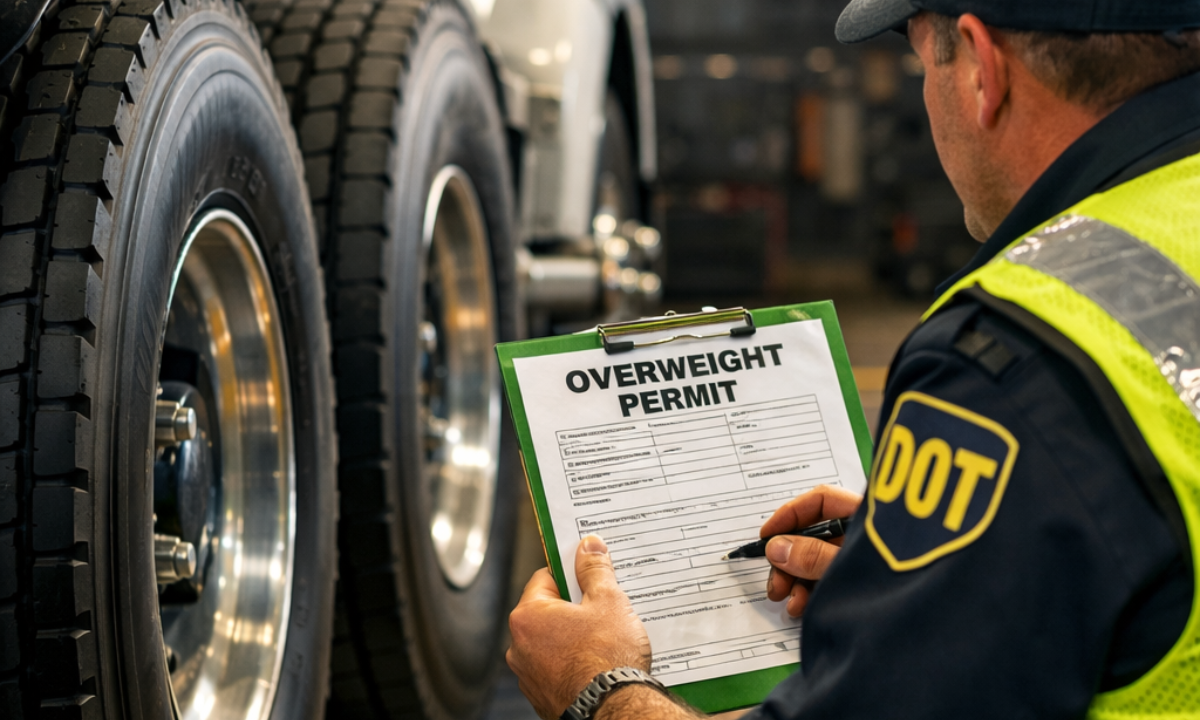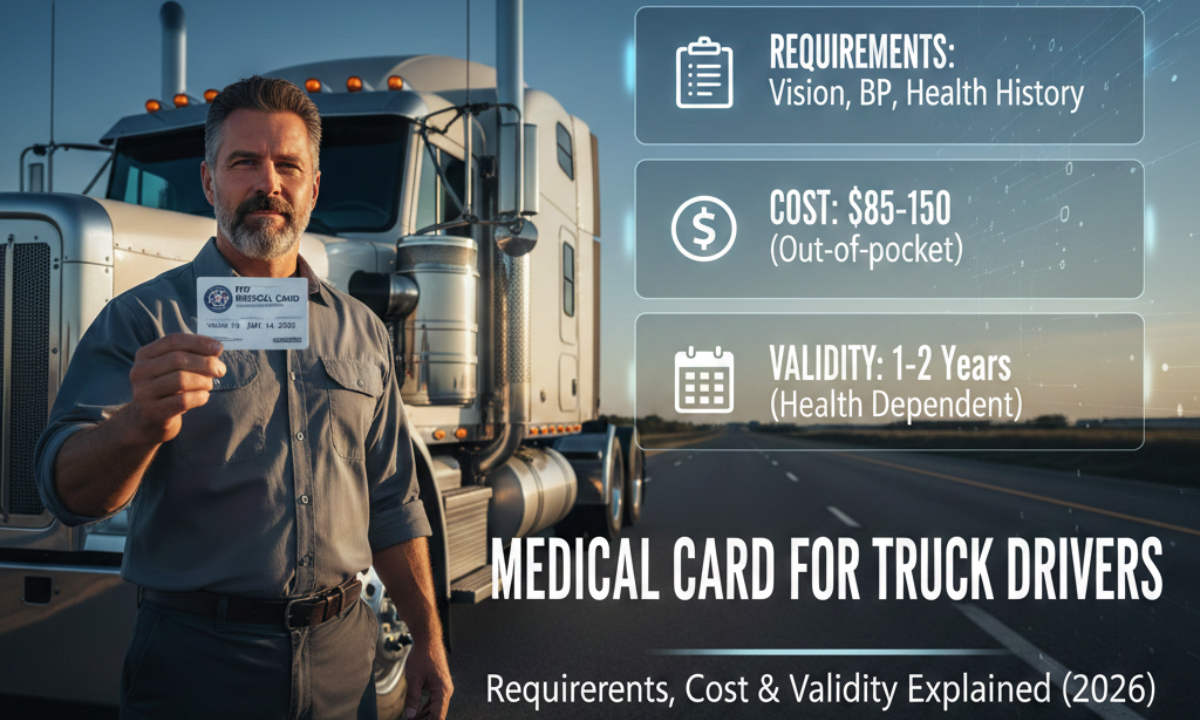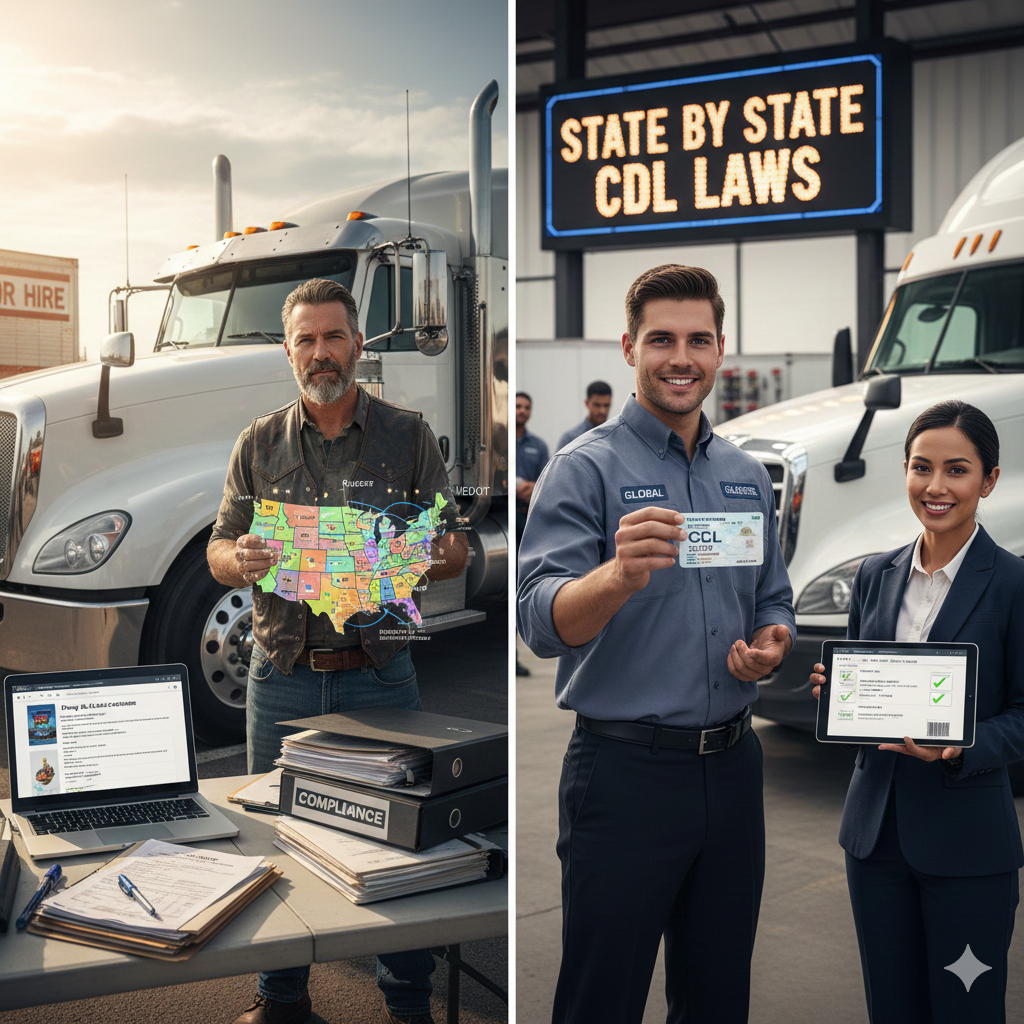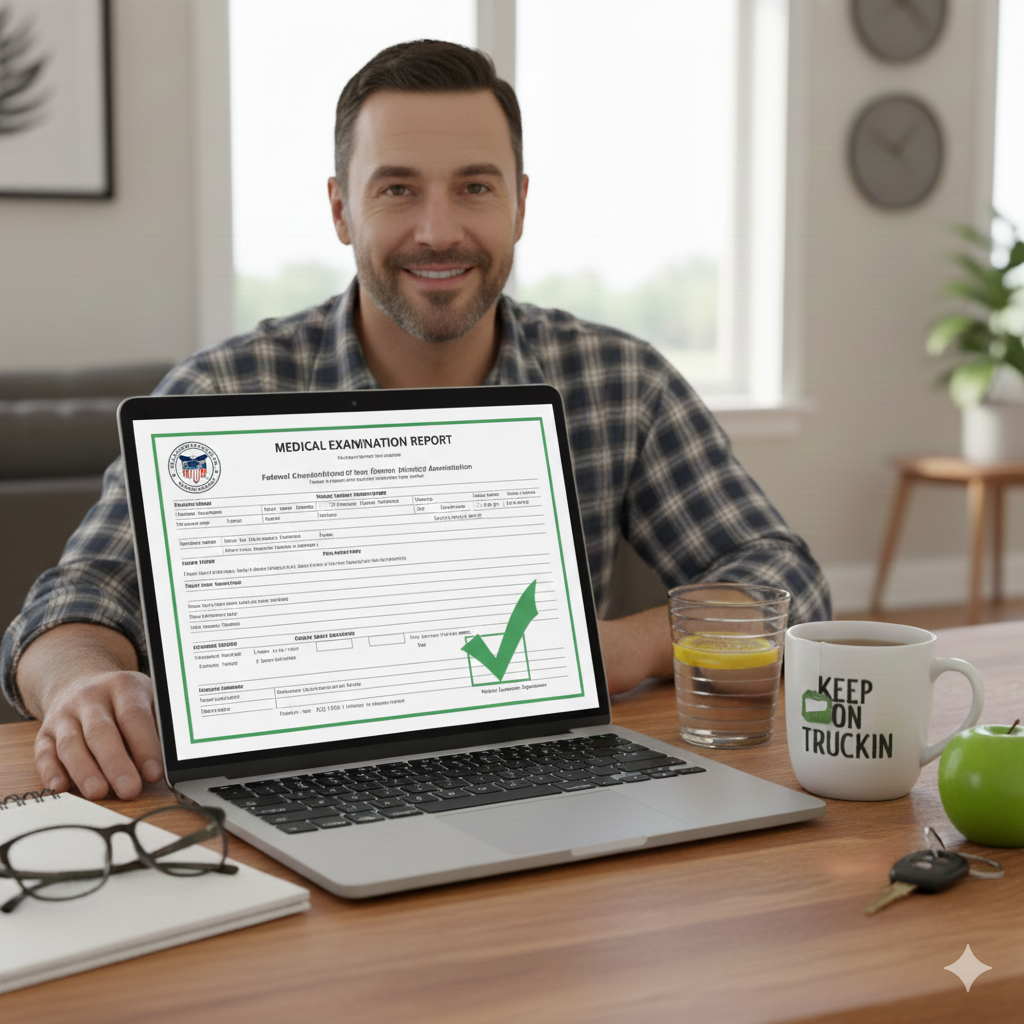Starting Your Trucking Career: A Guide for New Drivers
A career in trucking can be one of the most rewarding in the transportation sector. With the need for CDL-trained drivers increasing, career prospects for entry-level truckers are never better. This guide will guide you through what you need to know to achieve success during your first year of driving.
Understand CDL Requirements and Choose the Right License
Before taking the road, future drivers need to learn about the Commercial Driver’s Licenses (CDL) types:
Class A: For heavy-duty trucks and tractor-trailers
Class B: For buses and delivery trucks
Class C: For hazardous materials carriers or over 16 passengers
All license classes have particular training and CDL testing. The decision will rely on your long-term objective in the trucking business.
Choose a Reputable Truck Driving School
All CDL schools are not created equal. Opt for ones with veteran trainers, new trucks, and high job placement rates. The partner schools of reputable carriers might also provide tuition reimbursement or job assurances, a big plus for first-timers.
Prepare for the Job Hunt and Entry-Level Opportunities
New drivers will first start with OTR (Over-the-Road) trucking, which is long haul through several states. Some other jobs include:
- Regional driving
- Local delivery jobs
- Tanker or refrigerated freight transportation
- Flatbed trucking
Each of these types of jobs has specific driver certifications and lifestyle consequences. Knowing the choices allows your job to fit your lifestyle and career aspirations.
Understand Truck Driver Pay and Benefits
Truck driver pay fluctuates according to mileage, experience, and type of freight. Some typical pay methods are:
- CPM (Cents Per Mile)
- Salary + bonus
- Per diem + benefits
New drivers can also become eligible for sign-on bonuses, health benefits, pension plans, and education reimbursement.
Master Hours of Service and Logbook Rules
Compliance with FMCSA Hours of Service (HOS) rules is essential. Master how to handle:
- Drive time versus rest time
- Sleeper berth regulations
- 34-hour resets
- Electronic Logging Device (ELD) use
Violations may result in fines or disqualification, so mastering accuracy in the logbook early on is important.
Get Comfortable with Life on the Road
Being a trucker is not just a job—it’s a way of life. Get ready for:
- Long stretches away from home
- Time management and trip planning
- Personal hygiene and safety
- Healthy eating and exercising on the road
Building strong mental discipline and a routine helps prevent burnout for new drivers.
Learn Basic Truck Maintenance and Safety Checks
Knowledge of pre-trip checks, tire pressure inspections, and engine diagnostics will pay for itself and avoid roadside frustration. Most fleets offer driver manuals and vehicle diagnostic apps. Maintaining focus on preventive maintenance saves lives and ensures performance.
Use Technology to Your Advantage
New drivers should be proficient in:
- GPS route systems
- Load tracking software
- Fuel efficiency software
- Fleet management systems
Technology not only boosts efficiency but adds safety and on-time delivery percentages.
Stay Compliant and Keep a Clean Record
Your best asset is a clean driving record. Avoid:
- Speeding tickets
- Log falsification
- Cargo loss or late deliveries
- Failed DOT inspections
Defensive and professional driving will result in increased pay, promotions, and long-term career advancement.
Conclusion: Creating a Long-Term Trucking Career
Your initial year as a professional truck driver is about learning, adapting, and developing.. With the right training, daily performance, and dedication to safety, you’re going to have a secure, good-paying career in an in-demand industry. Whatever you’re going for – owner operator or logistics leadership – it begins with good decisions when you first start driving.
Disclaimer: The information provided in this blog post is for general informational purposes only. While we strive to keep the content accurate and up to date, we do not guarantee its completeness, reliability, or accuracy. Any actions you take based on this information are strictly at your own risk. We are not responsible for any losses, damages, or inconveniences that may arise from the use of this blog.












